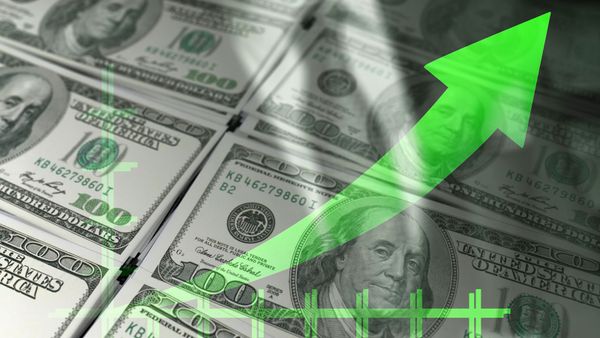Key Takeaways
- Lenders make money upfront on mortgages through origination fees, which are typically a percentage of the loan amount.
- They may also charge discount points, where each point represents 1 percent of the loan amount and is paid upfront to lower the interest rate.
- Additionally, lenders may earn revenue through servicing fees, which are paid by borrowers for the ongoing management of the loan.
Lenders make money on your mortgage loan by charging you an origination fee, among other fees. An origination fee is a percentage of the total loan (usually half a percent to one percent) that you pay up front when getting the loan [source: Investopedia]. Lenders don't do this just to ensure they're getting some money off your loan up front, but because it quietly increases the interest rate you're paying over the entire loan.
For example, if you take a $100,000 loan at seven percent that has a three percent origination fee, you pay the origination fee (and all other applicable fees, such as processing fees, closing fees, etc.) at the time you take the loan. Your monthly payment is calculated as seven percent of the total loan amount (the $100,000), which translates to a $665.30 payment per month. However, once you've paid the origination fee (and other fees), you're now paying a $665.30 monthly payment on a lower total balance. Say the origination and other fees on this loan total $3,820 ($3,000 on origination alone). Your loan balance is now $96,180, but you're still paying $665.30 a month. That means you're really paying an annual percentage rate of 7.39 percent. So the result of the origination fee and other up-front fees is that you're paying more in interest over the life of the loan than you might think you are. Interest is where the lenders make their money; it's why they're willing to lend you money in the first place.
Advertisement
Do note that the larger the loan, the less the impact these fees will have on your overall interest rate. Also remember that the higher the up-front costs on your loan, the higher your effective interest rate will be if you pay the loan off early.
Advertisement

